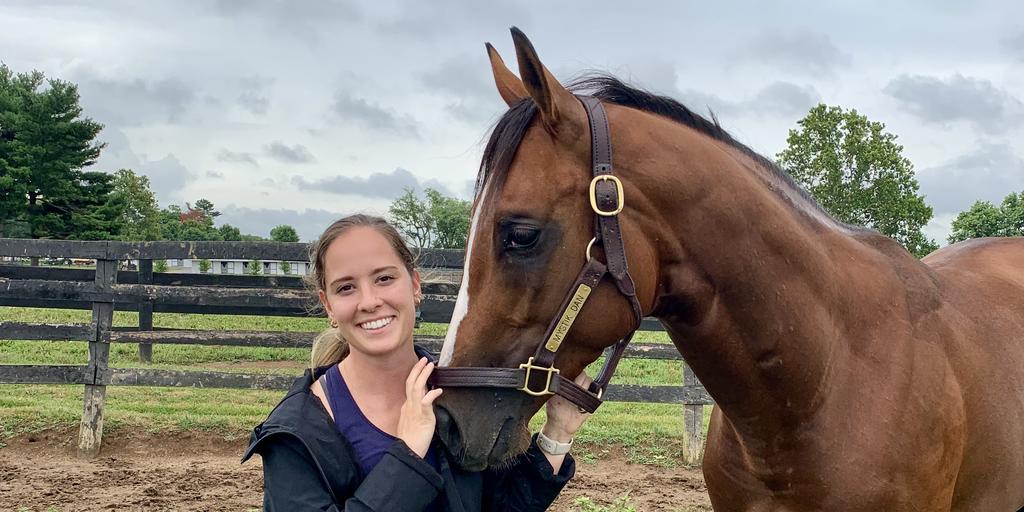Riding Through Trauma: UK Researchers Tackle Jockeys' Psychological Recovery

In the high-stakes world of horse racing, jockeys stand out as extraordinary athletes—fearless, passionate, and utterly dedicated to their craft. Yet beneath the glamour and excitement of the sport lies a challenging reality: the constant risk of injury. Despite their crucial role in horse racing, the psychological impact of these injuries on jockeys has remained largely unexplored—until now.
Enter Kelley Renner, a graduate student from the UK who is determined to shed light on this critical gap in understanding. Her groundbreaking research aims to delve into the often-overlooked emotional and mental challenges that jockeys face when confronting injuries, potentially transforming how the racing industry supports its most daring performers.
By bringing attention to the psychological dimensions of sports-related injuries, Renner hopes to create a more comprehensive support system for these remarkable athletes who risk everything with each thundering race.
